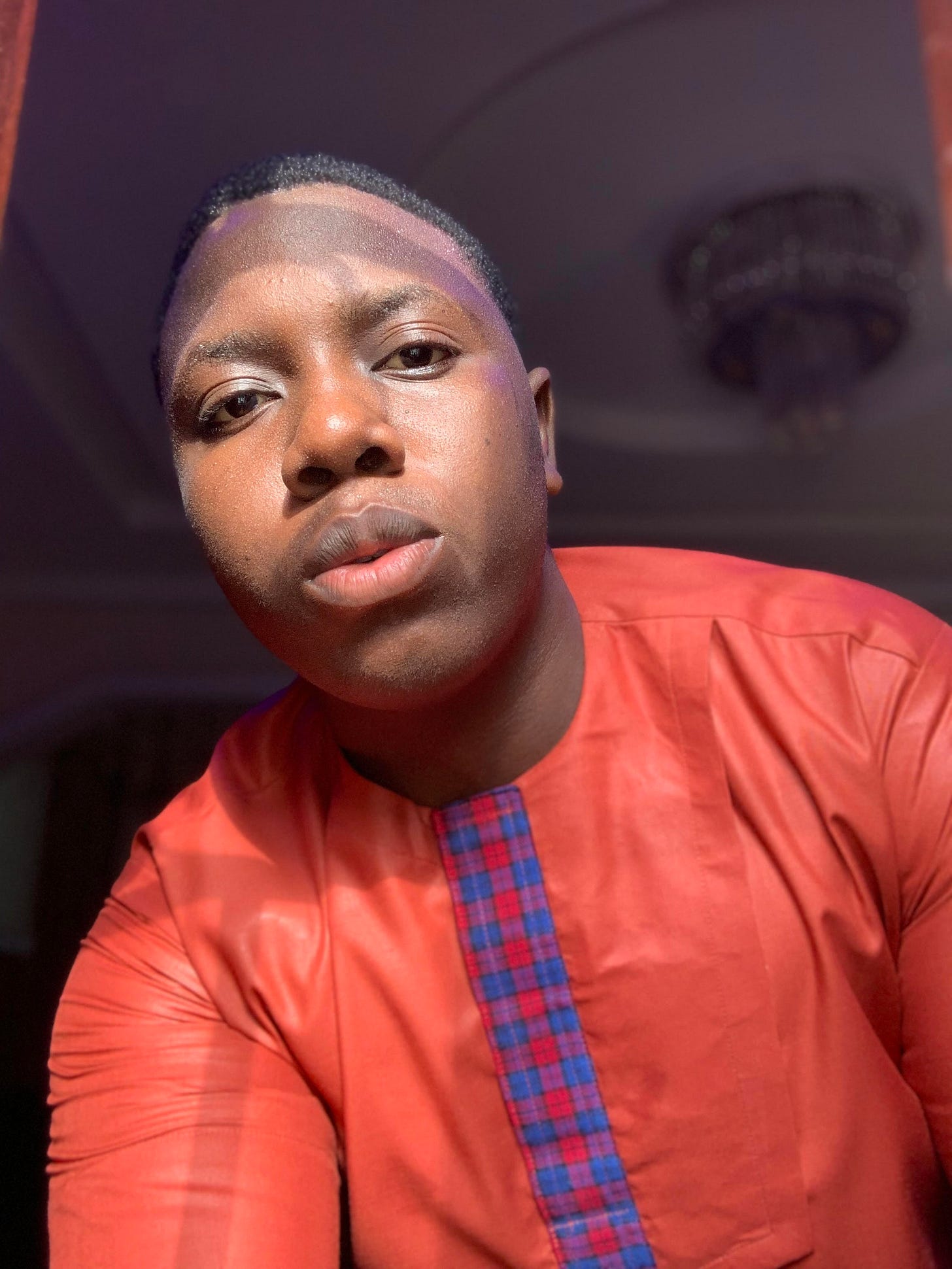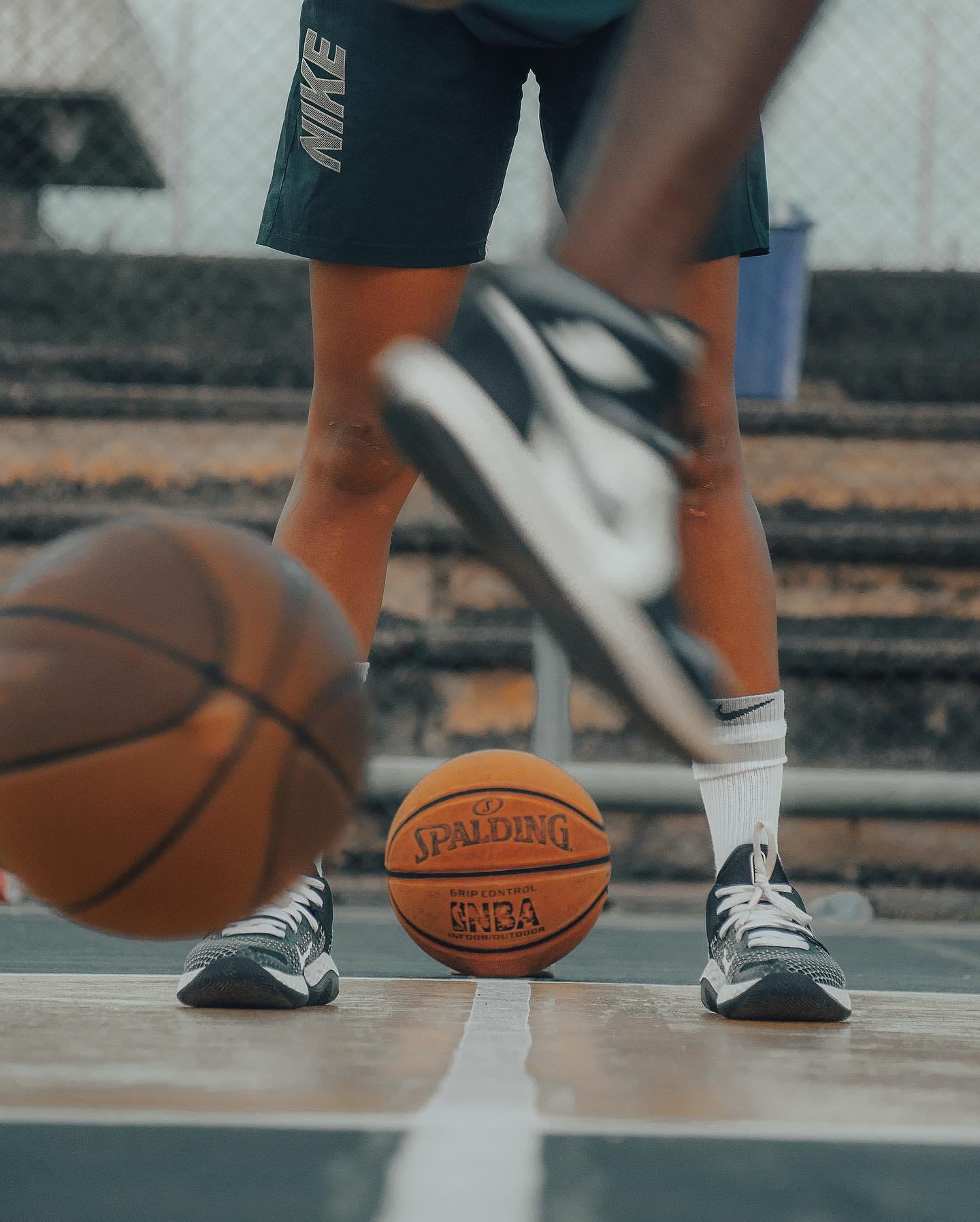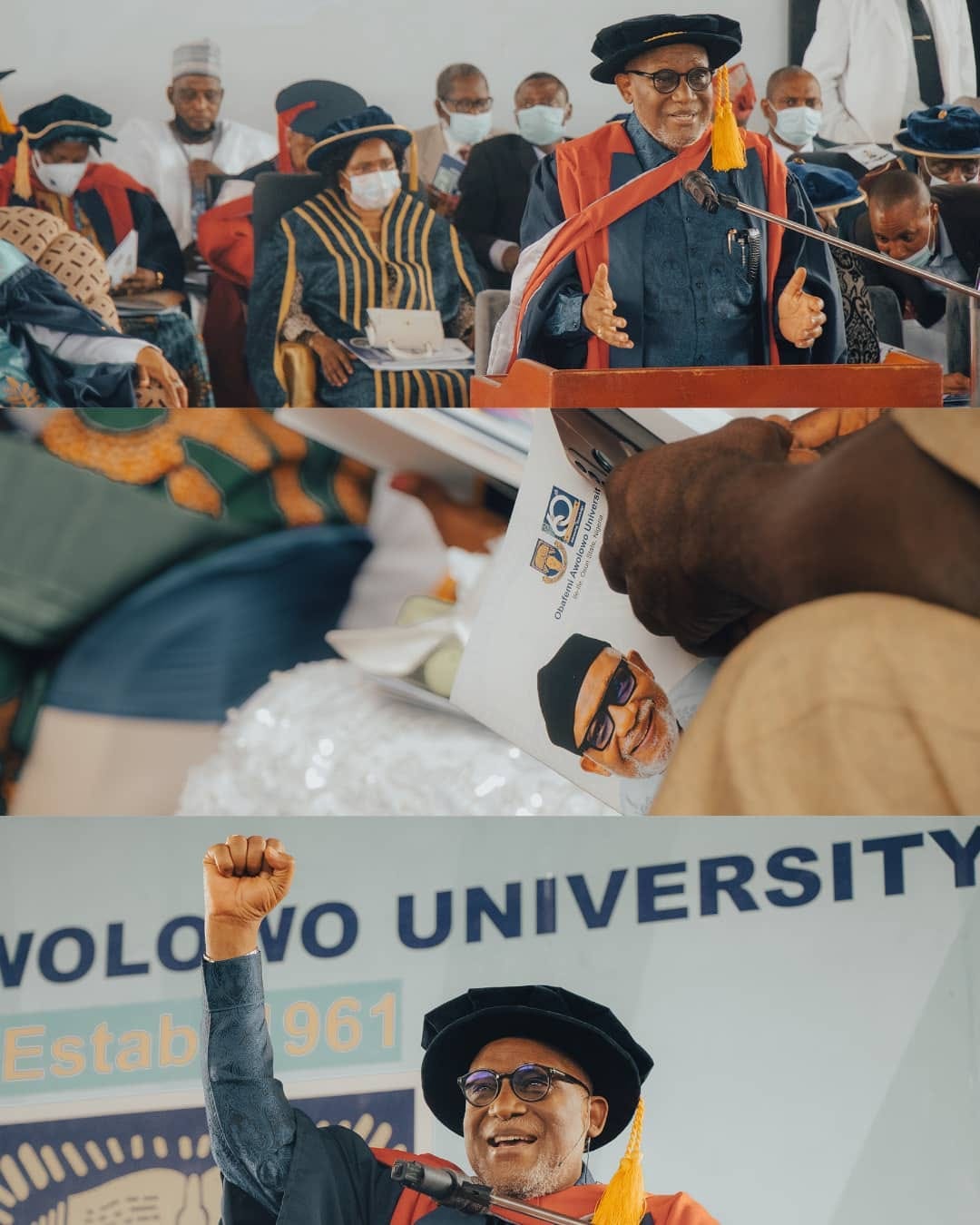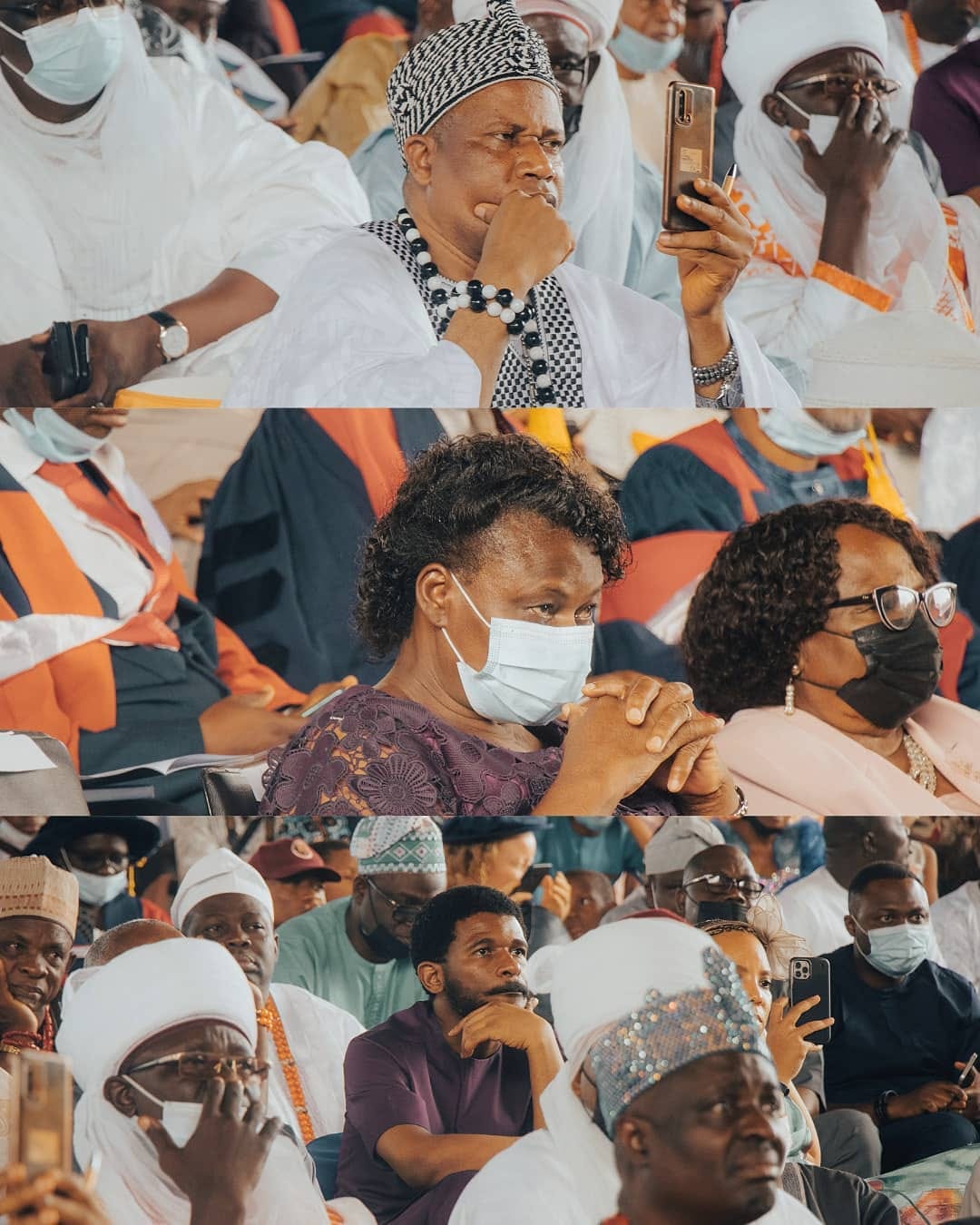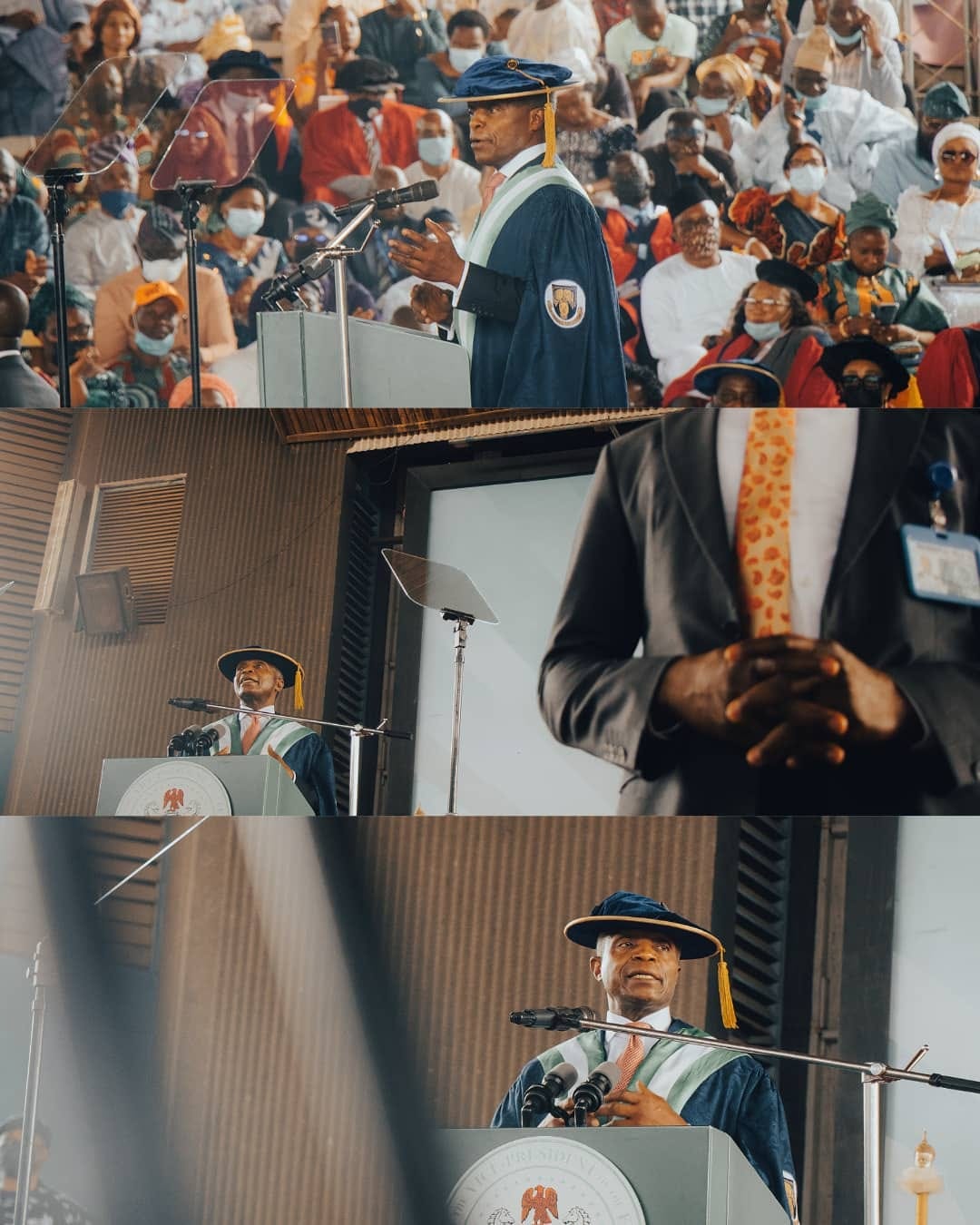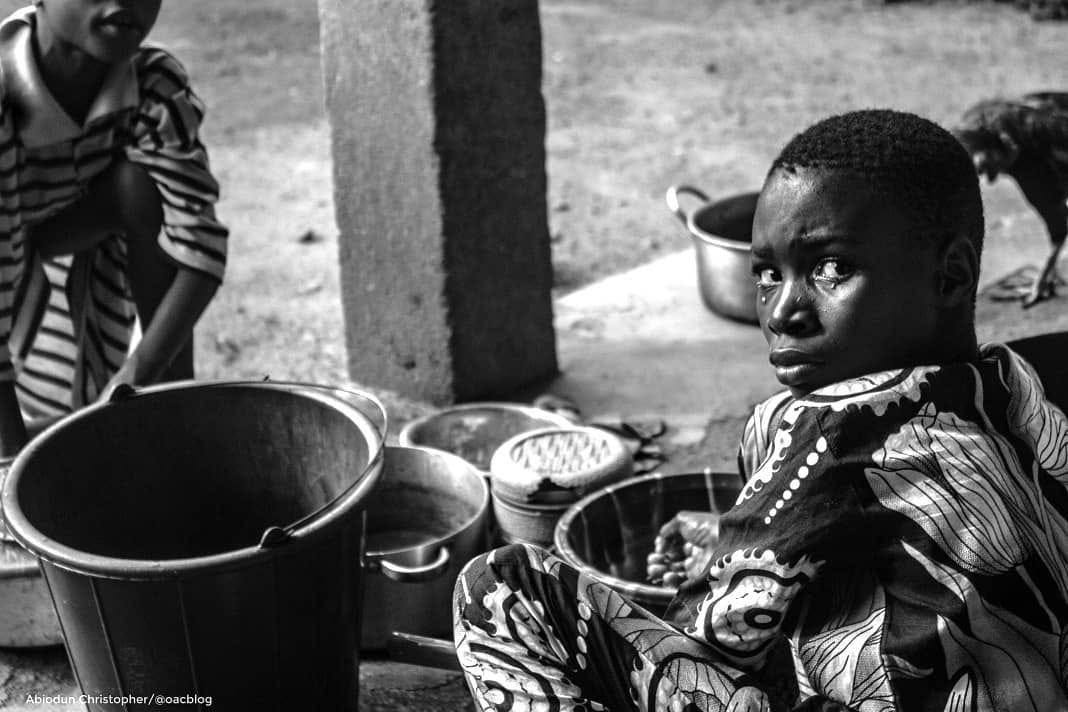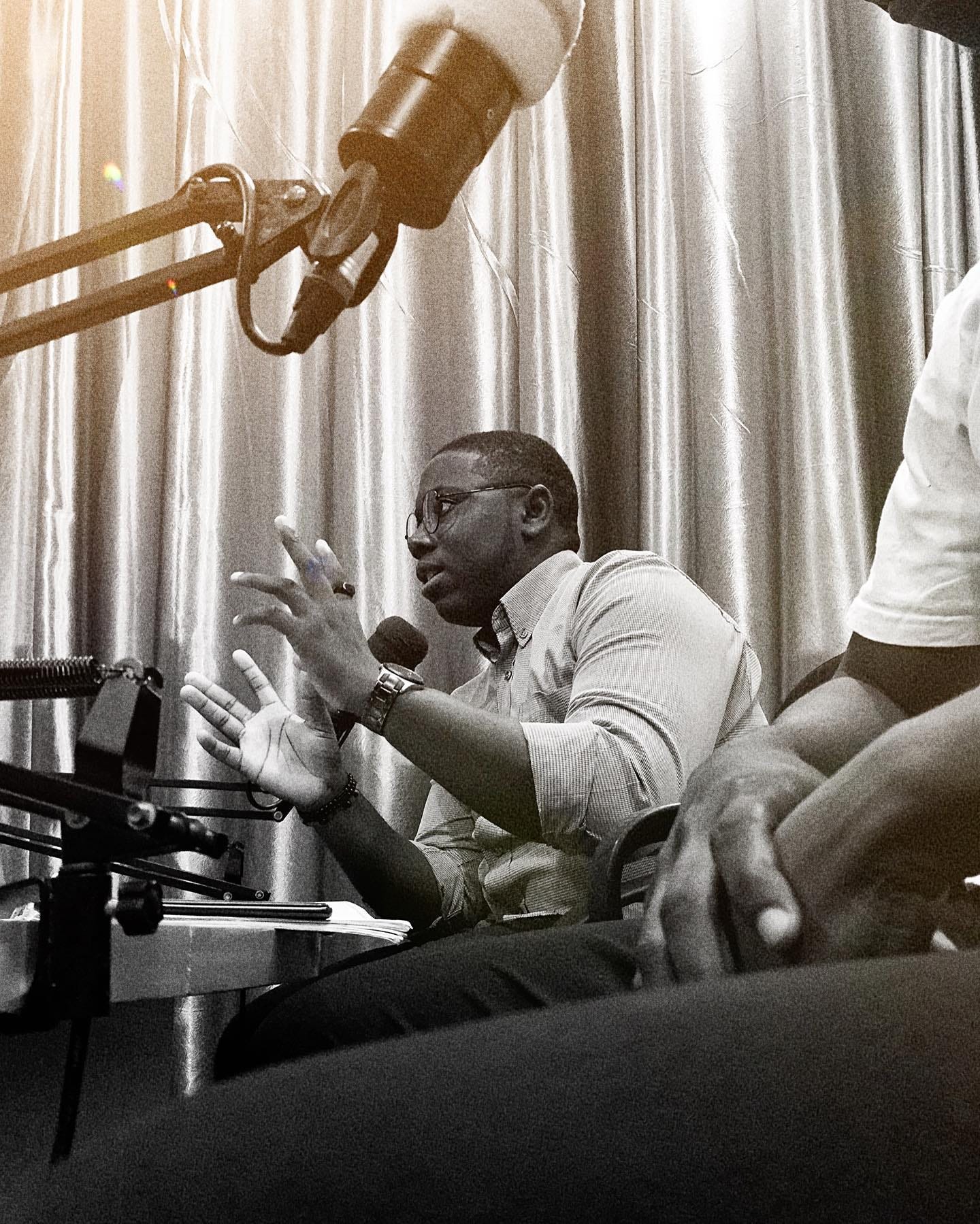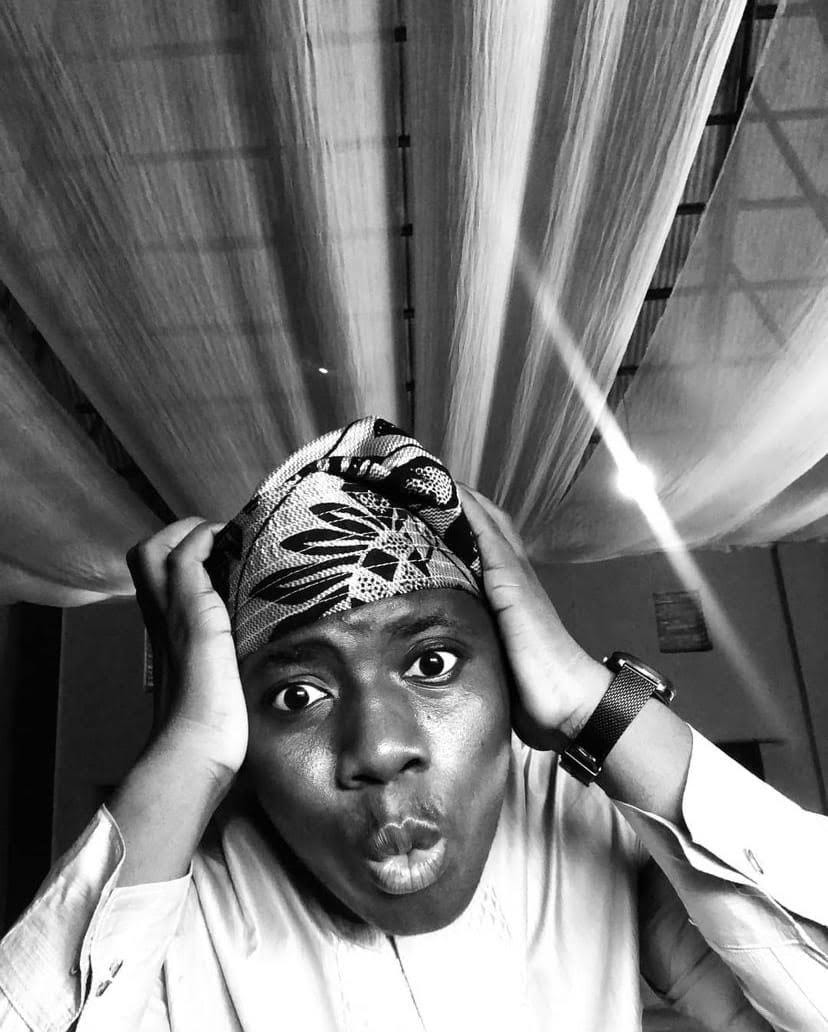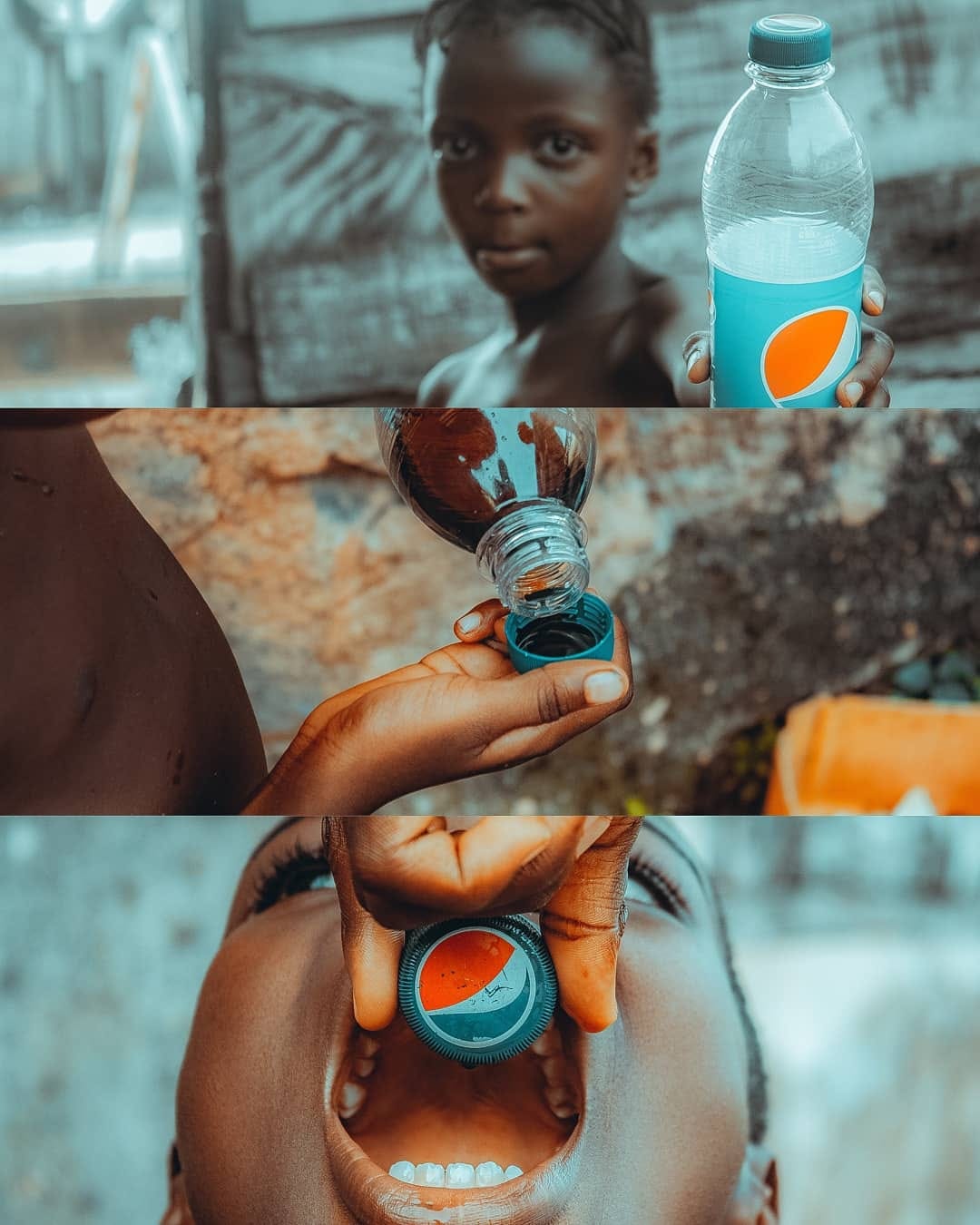#21 Oacthecreator: Visual storyteller who expresses himself with photography and sees creativity as a tool for social change
I am a documentary photographer and visual storyteller. Photography is a way of expression for me. I have this strong conviction about creativity. I believe creativity is a tool for social change.
Hi, Thank you for joining us for today’s episode of StudentsWhoCreate Interview. Our Student Creative for today is a 300-level student at Obafemi Awolowo University (OAU) studying Microbiology. He is a documentary photographer and visual storyteller who sees creativity as a tool for social change. What led him to photography? What are the biggest challenges he faces as a student creative? How does he navigate these challenges? What was the pivotal moment of his creative journey? What drives his work as a documentary photographer? What keeps him going? Read and enjoy!!!
Hi, Thank you for speaking with us. Can we meet you?
My name is Adedire Abiodun Christopher popularly known as OACthecreator. I am a 300-level student at Obafemi Awolowo University (OAU) studying Microbiology. I am a Documentary Photographer and Visual Storyteller. I am also into cinematography as well.
I was born and raised in Ile-Ife. I moved to Ilesha at some point but I am now back to Ife studying.
How did you get into photography?
Photography has always been a hobby for me. It has been a way for me to express myself and have fun. I started at the age of 16. I started with my ITEL phone at the time which was stolen when I was in part 1 during a test. I was rushing to read and left my phone in my bag which got stolen, so I lost all my old pictures. I got a Techo Spark 3 after that and took a lot of pictures with it. One of those pictures I took brought my work to the attention of the school management and got me working on various projects with them.
What has the journey been like since you started?
It has been fun. 2020 was the year that changed my life as a person. It was the year I took photography and everything I was doing with my life serious. When the lockdown was eased, I decided to take pictures every day, which I did. Even if it was in the house, I ensured I took and edited a picture daily. I did this until 2021, which greatly improved my skill and made me get better at taking pictures. It has been fun for me because it is a hobby for me and it is something I enjoy doing and luckily for me puts food on my table. I am always gingered to learn and improve. I watch tutorials and buy courses to get better. It has been more of working plus the grace of God to be excellent with what I learned.
How have you been able to combine schoolwork with photography?
As I said, photography is more of a hobby for me. For something that's a hobby, one always finds time to do it. I don't really take it as seriously as others may take it because it's a hobby for me and I enjoy doing it. I take pictures with my phone every day and edit them when school was in session. If I am in class and see something interesting, I take out my phone and take a picture. Photography is about seeing with your eyes and mind. I don't necessarily have to carry a camera with me before taking pictures. We have really good phones that can take good pictures and I am lucky to have one. I bring out my phone to take pictures or record and if I need to get my camera, I do. I do this as the need arises.
What are some of the challenges you face as a student photographer?
Number one is the fact that I don't have the freedom to travel as much as I want to because I am more of a street, adventure and documentary photographer and not a portrait or event photographer. Sometimes I want to go and experience new cultures and cities but I don't have the freedom to travel and move around as much as I want to. Being a student limits me in that sense.
Another one is with working with other people because I am used to working for myself and having to work for other people comes with a lot of stress especially when you work with a perfectionist. I work with so many highly learned people like professors and one of the things they do is have high expectations. Even when they don’t see any error with the work, they tell you there is something you can still do to make it better which stresses me out. In fact, right now I am working on a video for someone which I have finished. She likes it but tells me that was not what she saw and wants me to work on another one.
How have you been able to navigate these challenges?
I try to communicate when I see that they like it but are hesitant. I try to communicate with them and ask them what the issue is. I explain to them why I did what I did. For example, I worked with someone who wanted a 3 minutes video documentary for a project that took 4 years to complete. They wanted about 10 to 15 people to grant video interviews for the project with one person talking for about 30 seconds which now sums up to about 7.5 minutes. I tried to bring it down to 5 minutes but was told to make it 3 minutes. I tried to explain that if we want to have this many people in the video it won’t be 3 minutes but if you want it to be 3 minutes we have to remove some of the interviews. I try to communicate with them and most of the time they come to understand the problem.
As for the issue of freedom, I have not been able to do much. There is also the money factor added to this because travelling requires money. There's not much I have been able to do. I have to do with what I have. That's why most of my works are Ife based.
Is there a community for photographers in your school? Are you a part of any community?
There’s a community. I started one but the strike and break have affected the vibe of the community. We have organized photo walks a number of times. We're trying to put more structure to it when school resumes.
How would you describe the impact the community has had on you?
I love to see people do stuff and I have met people doing awesome things. I get to know that there are really good people around and work with them.
On a scale of 1-10, How would you rate the community?
I would say 7 because of how the strike has affected our activities.
What is your creative process like? How do you go about a project from start to finish?
As a street and documentary visual storyteller, I give myself creative freedom most of the time, I just go out and create and don't really think about it ahead. I give myself creative freedom. The world is my canvas. I let the world present itself to me. What I see is what I capture most of the time.
For a commissioned project, once I get the theme, I withdraw, go to a chill place and picture what the images should look like and write out some of the things I visualize. I sometimes go online to research what has been done by others and then go on to execute whichever direction I choose to go with.
What are some of the tools you use for your projects?
I have a Canon 60D and Canon 80D camera with an 18-135mm lens. I also use my iPhone, wireless microphone and laptop.
For software, I use Adobe Lightroom, Premiere Pro, Illustrator and Photoshop.
How would you describe the impact of the Covid-19 lockdown on you and your work as a creative?
I did a personal visual documentary during the End SARS protest that happened all over Nigeria in 2020. I didn't even have a camera at the time but I borrowed one from a friend. I documented the protest that happened in Ife. Later on, a friend of mine sent me a flyer of Art X Lagos wanting to disburse funds to photographers who documented the End SARS protest and were going to pick about 50 or 100 photographers. I submitted what I documented on the deadline day and got picked. That was the first documentary that paid me money and it wasn't small money. The whole experience gave me a strong conviction about photography.
Also because we were at home at the time, I was able to do the one-year challenge of taking pictures every day. I took pictures every day even on Sundays at church. I spent most of the time during the lockdown watching YouTube and learning about photography. The lockdown gave me the time to learn.
Have you ever felt like quitting?
I have never thought of quitting. I may not feel like taking pictures or posting sometimes. I take breaks but I don't think of quitting.
What are your proudest projects?
The first one is the End SARS documentary.
Another one is a personal documentary of some kids I did titled “The Ile-Ife Kid”
I am also proud of the OAU 45th convocation I covered. It had many dignitaries like Vice President Yemi Osinbajo, Gov Rotimi Aketi of Ondo State and lots more around.
How do you stay creative? What keeps you creating?
Photography is a way of expression for me. I have this firm conviction about creativity. I believe creativity is a tool for social change. I try to use my post on social media as a means to tell stories and encourage people with my photography. This keeps me going.
What do you do for fun? How do you relax when you're not actively creating?
I am not so much of an outgoing person so I relax by going offline and staying away from social media. I also get to meet my friends in the church because my church is like a family to me. I want to start exploring more and going out.
Who are the people that inspire you?
Drey Mide. He gave me my very first camera.
Peter Mckinnon and Shortstache also inspire me.
Who are the creatives on the top of your list of creatives you would love to work or collaborate with on a project?
Wizkid, Korty, Tayo Aina, Oluwadabest and Mr Beast.
What top brands would you love to work with?
Nike, Apple, Coca-Cola, and DJI.
What advice do you have for someone just starting out in their Visual Art journey?
Don't be afraid to learn, keep learning. Taking bad photos is a part of life. You will take pictures that don't make sense but learn from the mistakes and move on.
Also, put your work out there. There’s this argument about gadgets, but make sure you do with what you have. Don't limit yourself. Having gadgets will make work easier but you should start where you're so when gadgets come, everywhere go soft.
Who would you like us to interview next?
Seye Femi Akintunde
How can people reach you?
I am oacthecreator on all social media platforms. You can connect with me on IG and Twitter.
Thank you for sharing with us!!!
Takeaway Nugget: Don't be afraid to learn, keep learning. Taking bad photos is a part of life. Put your work out there and don't limit yourself. Gadgets will make work easier but start where you're.
Thank you for reading and don’t forget to share the story
See you next time!!!
Follow us on Instagram, Twitter, Facebook, and LinkedIn to stay up to date.


